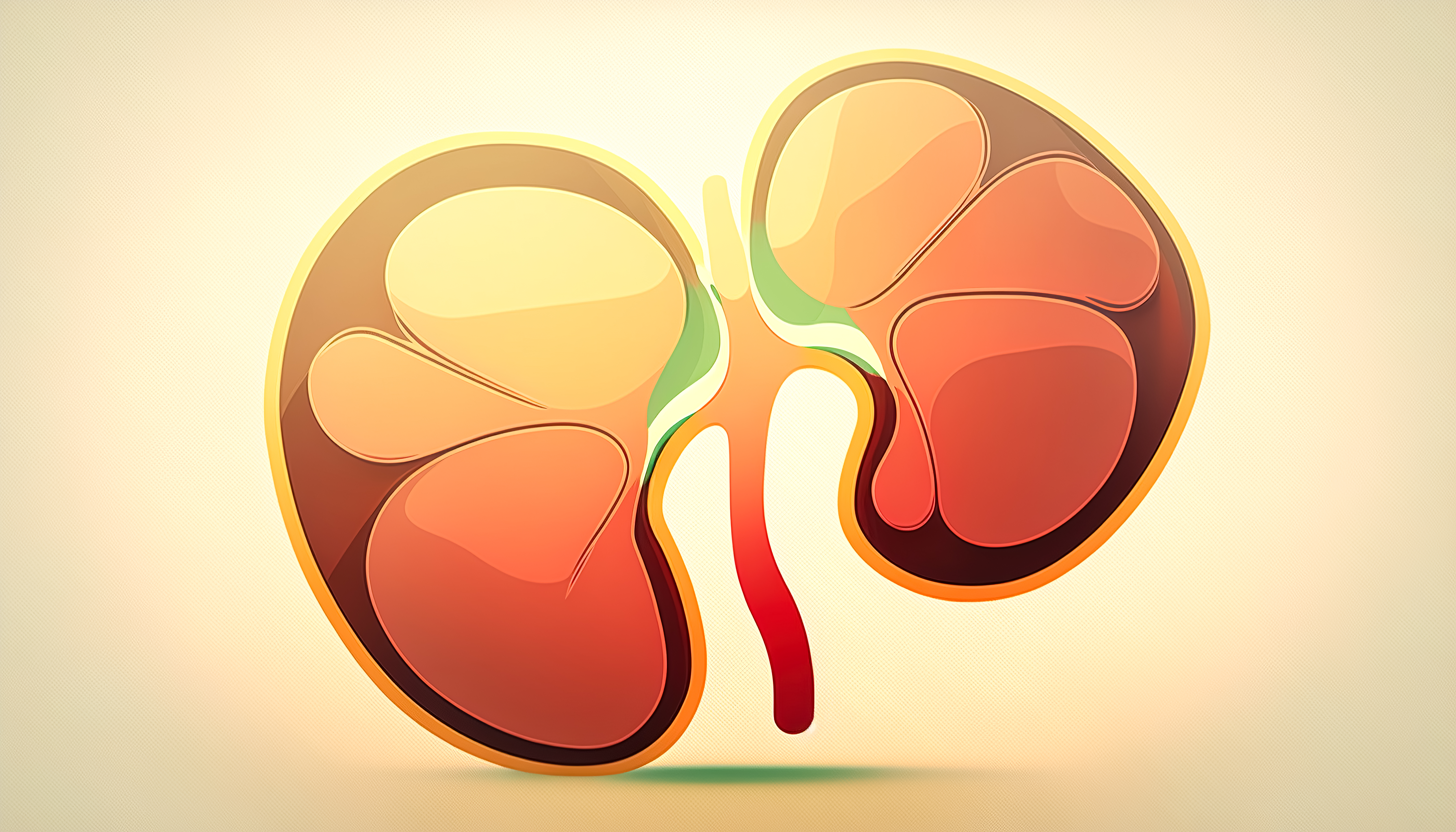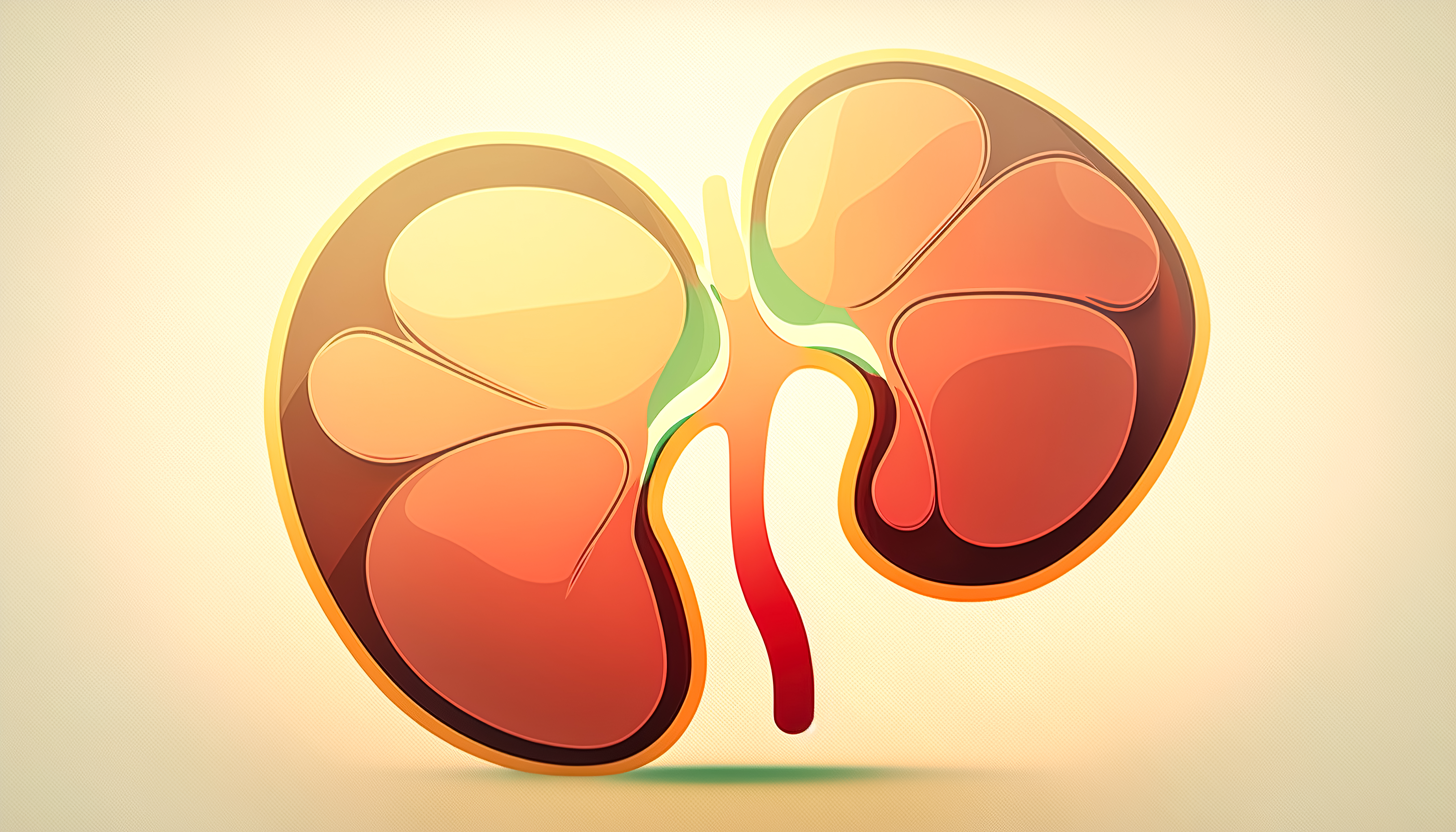Water is crucial for kidney health and overall bodily function. The kidneys play a pivotal role in maintaining the body's fluid balance, and water is essential for their proper functioning. Here's why water is important for the kidneys:
Filtration and Waste Removal: The kidneys act as filters, removing waste products, toxins, and excess substances from the blood to be excreted as urine. Water is essential for this filtration process. It helps dissolve waste and aids in the transport of waste products through the kidneys and out of the body via urine.
Maintaining Fluid Balance: Water helps maintain the body's fluid balance. Proper hydration ensures that there is enough fluid available for the kidneys to perform their functions effectively. When the body is dehydrated, the kidneys receive signals to conserve water, leading to concentrated urine and potential strain on these organs.
Preventing Kidney Stones: Drinking an adequate amount of water can help prevent kidney stones. Sufficient water intake dilutes the substances in urine that can lead to the formation of stones, reducing the risk of their development. Dehydration increases the likelihood of concentrated substances forming crystals, which can aggregate into stones.
Regulating Blood Pressure: Adequate hydration is important for regulating blood pressure. The kidneys play a role in blood pressure regulation by managing fluid levels in the body. When the body is dehydrated, blood pressure can rise as the body attempts to conserve water.
Supporting Kidney Function: Proper hydration supports optimal kidney function. It helps the kidneys maintain a suitable environment for their various processes, including the regulation of electrolytes, pH balance, and blood volume.
Preventing Kidney Disease: While proper hydration alone may not prevent all kidney diseases, staying adequately hydrated can reduce the risk of certain kidney conditions and support overall kidney health.
It's essential to strike a balance with water intake—too much or too little can both have adverse effects. The recommended amount of water intake can vary based on individual factors such as age, weight, climate, and activity level. Consulting with a healthcare professional can help determine the appropriate daily water intake for optimal kidney health and overall well-being.

